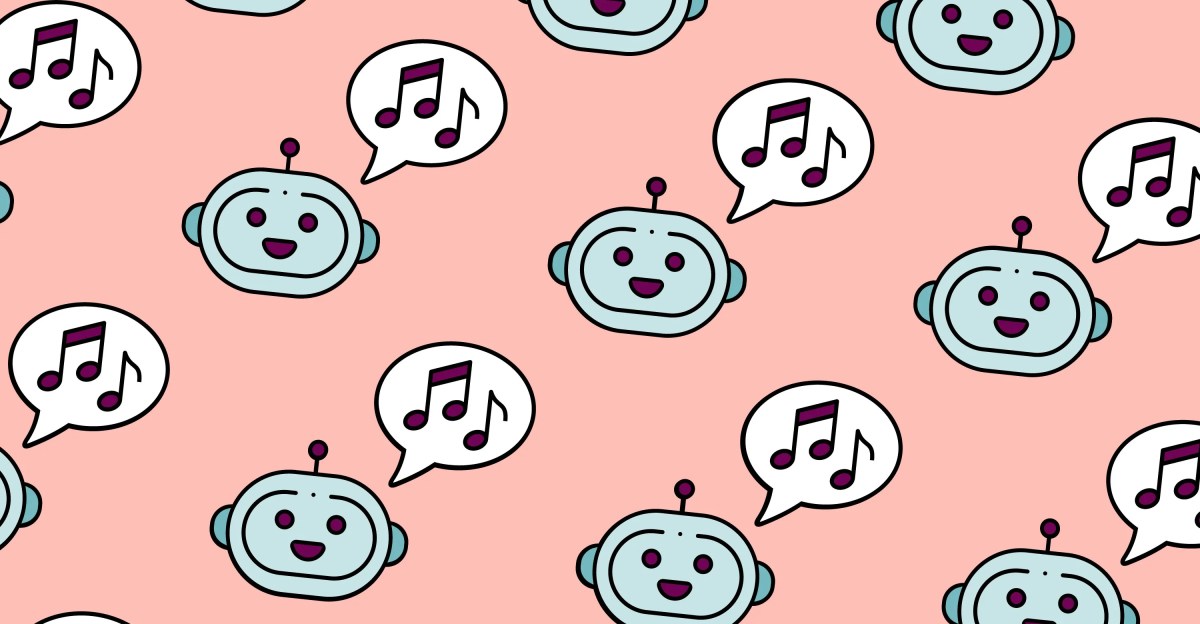Record Labels Sue AI Music Startup Suno Over Alleged YouTube Piracy

Key Points
- RIAA and major record labels have filed an amended lawsuit against AI music startup Suno.
- The complaint alleges Suno illegally ripped songs from YouTube to train its generative models.
- Suno is accused of using code to bypass YouTube’s rolling cipher encryption and download copyrighted tracks from Universal, Sony and Warner.
- The lawsuit cites violations of DMCA Section 1201, which prohibits circumvention of technological protection measures.
- Suno claims its use of copyrighted material is protected by fair use, but has not disclosed its training datasets.
- Research from the ICMP publishers group is referenced to argue Suno sourced data illegally.
- The RIAA seeks $2,500 in statutory damages per act of circumvention and up to $150,000 per infringed work.
- The case may influence future legal standards for AI training data and the applicability of fair‑use defenses.
Major record labels, led by the Recording Industry Association of America, have escalated a lawsuit against AI music generator Suno, accusing the company of illegally ripping songs from YouTube to train its generative models. The amended complaint, filed on September 19th, alleges Suno used code to download copyrighted tracks from Universal, Sony and Warner, bypassing YouTube’s rolling cipher encryption and violating the Digital Millennium Copyright Act. Suno, which has not disclosed its training data, claims fair‑use protection, but the plaintiffs seek statutory damages of $2,500 per act of circumvention and up to $150,000 per infringed work.
Background of the Lawsuit
In an amended complaint filed on September 19th, the Recording Industry Association of America (RIAA) and major record labels have intensified legal action against Suno, an AI startup that creates music using generative models. The complaint alleges that Suno knowingly pirated songs from YouTube, a practice the plaintiffs describe as “stream ripping,” which involves converting streaming content into downloadable files.
Alleged Technical Violations
The filing claims Suno employed specialized code to access, extract, copy, and download copyrighted works belonging to Universal Music Group, Sony Music Entertainment and Warner Music Group. By bypassing YouTube’s “rolling cipher” encryption, Suno is said to have violated the platform’s terms of service and facilitated large‑scale infringement. The RIAA argues that this circumvention directly violates the anti‑circumvention provisions of the Digital Millennium Copyright Act (DMCA), specifically Section 1201, which prohibits the bypassing of technological measures that control access to protected works.
DMCA Context and Exceptions
Section 1201 of the DMCA states that no person shall circumvent a technological measure that effectively controls access to a work protected under the law. While the statute includes a process for granting exceptions, the complaint notes that no specific exception currently exists for training artificial‑intelligence tools. The plaintiffs contend that Suno’s actions fall outside any permissible exemption.
Suno’s Defense and Public Transparency
Suno has not made its training datasets public and remains vague about how the data was acquired. The company has asserted that using copyrighted material to train AI models is protected under the fair‑use doctrine, a position it says is supported by at least one court ruling, though the broader legal community has not reached a consensus. The amended complaint specifically targets this defense by citing research from the International Coalition of Music Publishers (ICMP) that suggests Suno sourced its data illegally by circumventing YouTube’s encryption.
Comparative Legal Landscape
The RIAA’s argument draws a parallel to the Anthropic case, where a $1.5 billion settlement was reached over alleged book piracy. That case, however, remains on hold. By highlighting this similarity, the plaintiffs aim to underscore the seriousness of alleged AI‑driven copyright infringement across media types.
Damages Sought
In addition to alleging widespread infringement, the RIAA is seeking statutory damages of $2,500 for each act of circumvention and up to $150,000 per infringed work. The complaint emphasizes that Suno allegedly fed “decades worth of the world’s most popular sound recordings” into its AI models without any authorization from the rights holders.
Potential Implications
If the court rules in favor of the record labels, the decision could set a precedent for how AI developers must source training data, especially when that data originates from platforms protected by DRM. It may also clarify the scope of fair‑use defenses in the context of AI‑generated content.